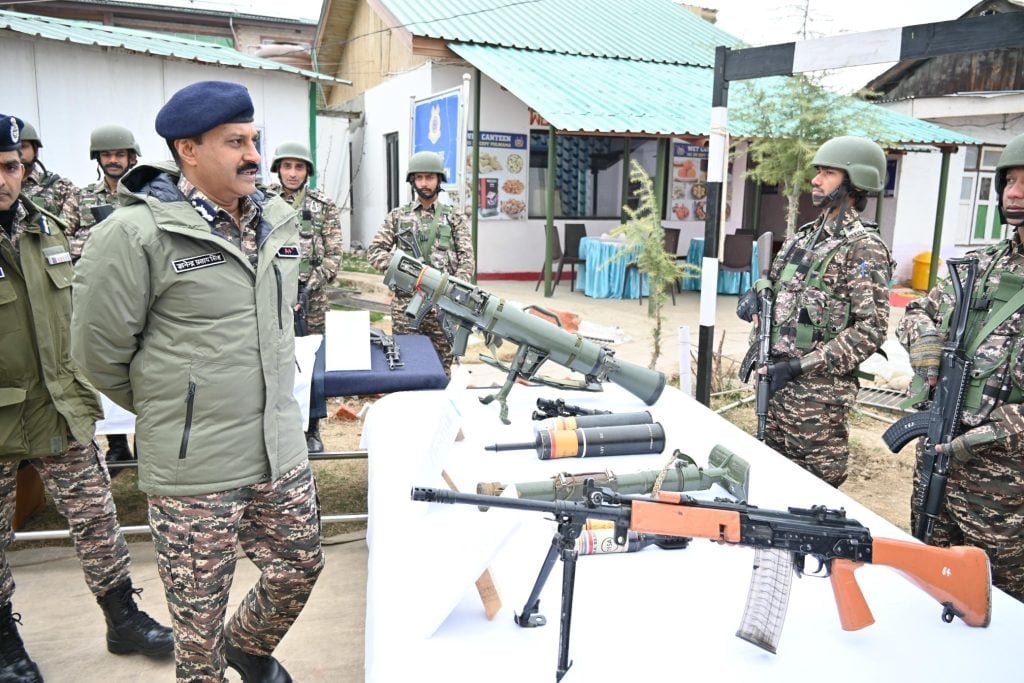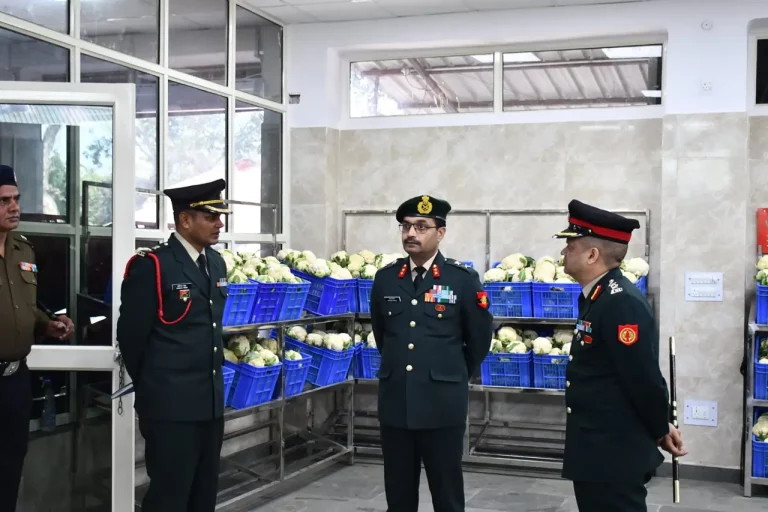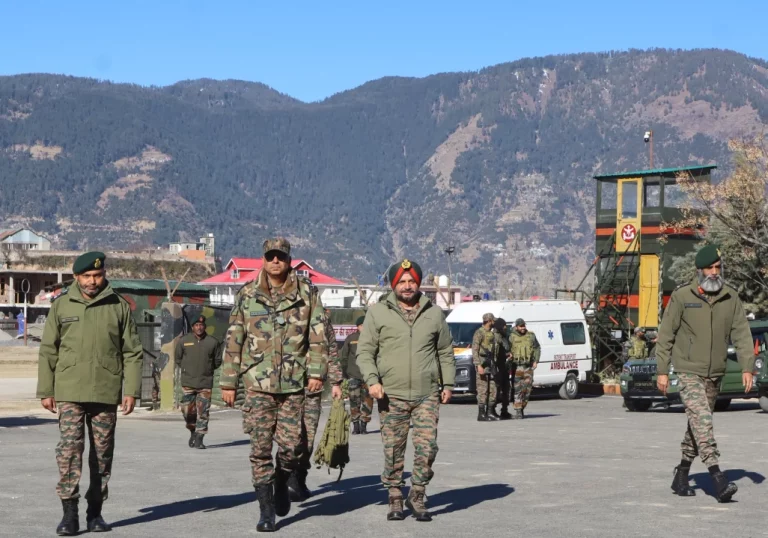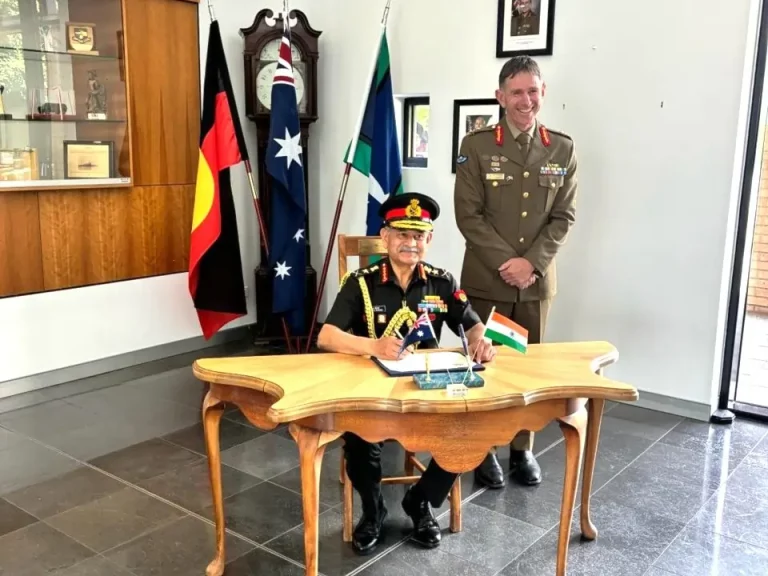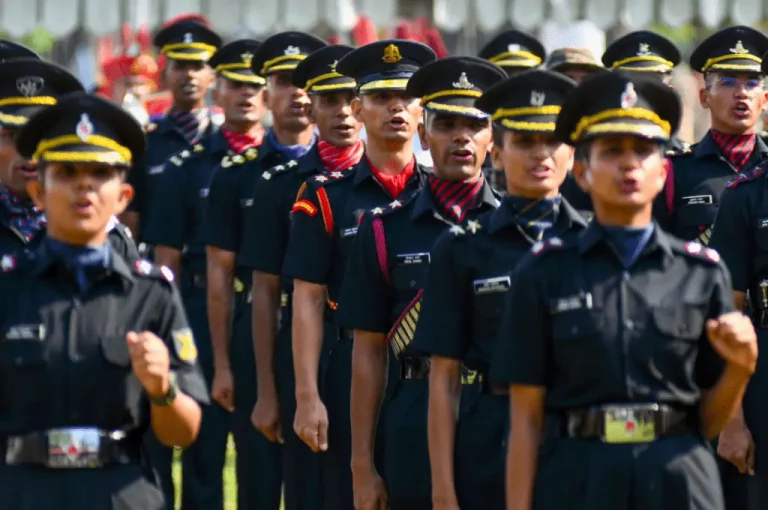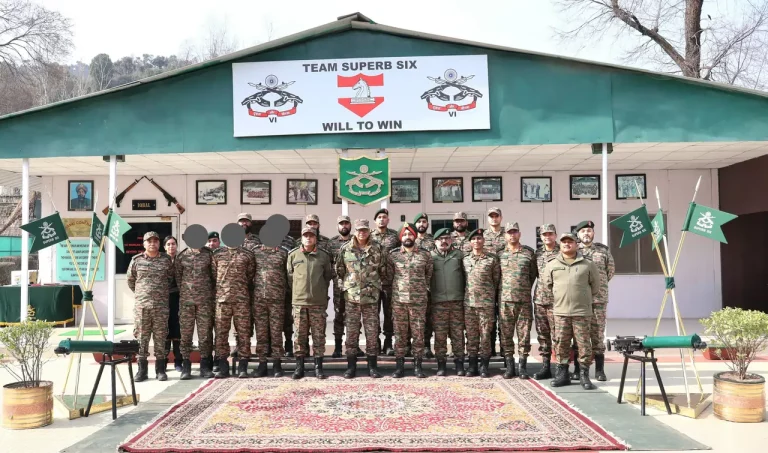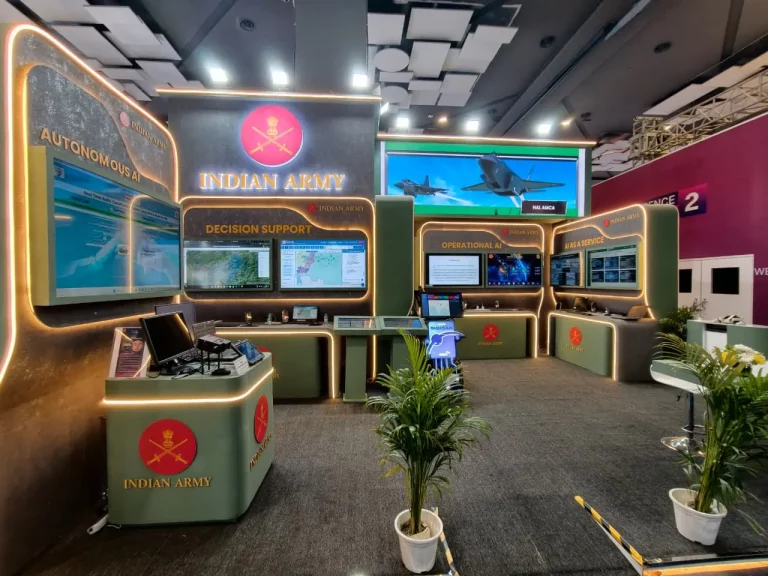In a noteworthy initiative aimed at enhancing security in the Kashmir region, the Director General of the Central Reserve Police Force (CRPF), Shri Gyanendra Pratap Singh, recently conducted a visit to the 183 Battalion campus located in Pulwama. This visit was primarily focused on evaluating the operational readiness and coordination efforts of the CRPF in light of ongoing security challenges in the area.
During his time at the battalion campus, Shri Singh engaged with personnel, offering him the opportunity to gain first-hand insights into their day-to-day responsibilities, the challenges they face, and their current operational deployments. The discussions also included key interactions with officers from the CRPF and local police agencies hailing from Awantipora, Pulwama, and Shopian. The DG stressed the critical nature of seamless coordination and the sharing of intelligence between different forces as vital components in effectively combating terrorism and executing law enforcement operations.
In outlining the strategic imperatives for security in the region, Shri Singh highlighted several focal points. One of the key strategies emphasized was the necessity for robust coordination between the CRPF and local police units in order to bolster operational efficiency. Additionally, he underscored the importance of intelligence-driven operations, which are aimed at proactively mitigating security threats that may arise in the region. Emphasizing the need for unified security measures, he called for collaborative efforts that would promote stability and peace specifically in South Kashmir.
Shri Singh’s visit served not only as an assessment of current security dynamics but also as a reaffirmation of the CRPF’s unwavering commitment to safeguarding the region. He paid tribute to the relentless dedication and vigilance exhibited by personnel in maintaining law and order, acknowledging the challenges they navigate daily.
The overarching goal of the CRPF remains centered on fostering peace, stability, and the safety of civilians within Kashmir. This includes close coordination with local law enforcement agencies to effectively neutralize threats and sustain security in the area, thereby ensuring a peaceful environment for the communities residing there.
